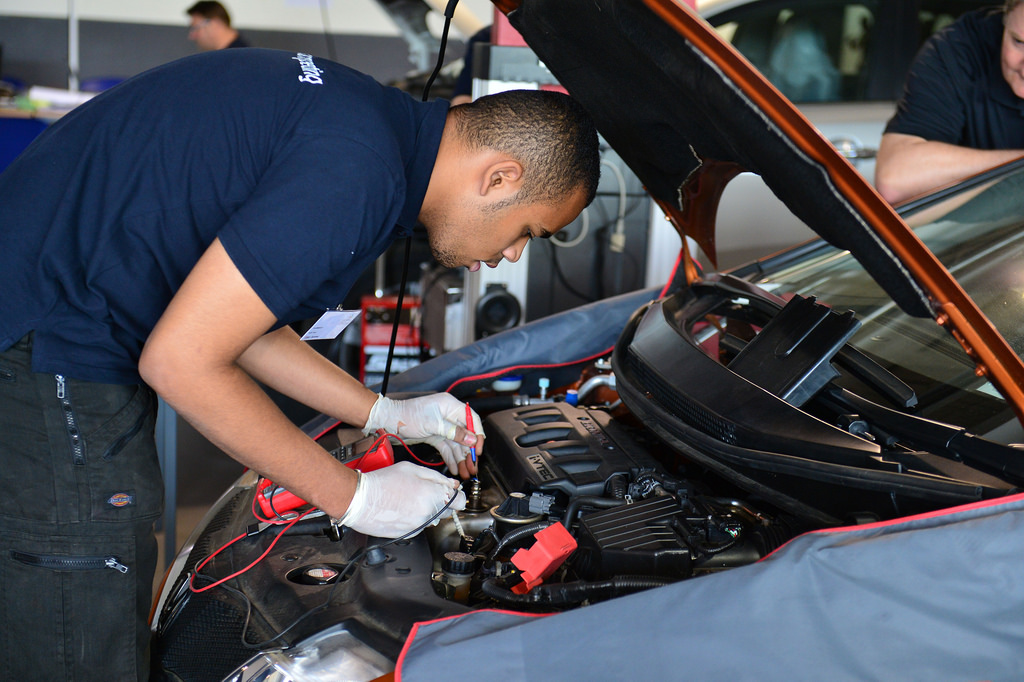- You have no items in your shopping cart
- Subtotal: රු0.00
 In today’s fast-paced world, where personal mobility is essential, owning a car has become a common necessity for many. As a result, ensuring the proper maintenance and regular service of these vehicles is of paramount importance. Car service encompasses a range of activities that aim to keep a vehicle in its best possible condition, ensuring not only optimal performance but also safety for both the driver and passengers. This article delves into the significance of regular car service and how it contributes to the longevity and efficiency of automobiles.
In today’s fast-paced world, where personal mobility is essential, owning a car has become a common necessity for many. As a result, ensuring the proper maintenance and regular service of these vehicles is of paramount importance. Car service encompasses a range of activities that aim to keep a vehicle in its best possible condition, ensuring not only optimal performance but also safety for both the driver and passengers. This article delves into the significance of regular car service and how it contributes to the longevity and efficiency of automobiles.
Understanding Car Service
Car service is a comprehensive term that involves a series of maintenance procedures and checks aimed at keeping a vehicle running smoothly. These services encompass a wide array of tasks, including but not limited to oil changes, brake inspections, tire rotations, fluid level checks, engine tune-ups, and electrical system diagnostics. Depending on the mileage and the manufacturer’s recommendations, the frequency of these services may vary, but they all contribute to the overall health of the vehicle.
Importance of Regular Car Service
Safety: The safety of passengers, as well as other road users, is paramount. Regular car service plays a critical role in ensuring that a vehicle’s safety features are fully functional. Brake systems, airbags, seatbelts, and traction control systems need to be regularly inspected and maintained to provide optimal protection in case of an accident.
Preventive Maintenance: Regular service acts as a preventive measure against potential breakdowns and costly repairs. By addressing minor issues before they escalate, car owners can save themselves from the inconvenience of unexpected breakdowns and the subsequent expenses that come with major repairs.
Optimal Performance: A well-maintained car performs at its best. Regular oil changes, air filter replacements, and proper tire maintenance contribute to better fuel efficiency and overall engine performance. This not only saves money on fuel costs but also reduces harmful emissions, promoting environmental sustainability.
Longevity: Just like the human body, cars age over time. However, proper care and maintenance can significantly extend their lifespan. Regularly serviced engines and components are less likely to wear out prematurely, allowing the vehicle to serve its owner for many more years.
Resale Value: If you decide to sell or trade in your car in the future, a well-documented service history can significantly enhance its resale value. Prospective buyers are more likely to be interested in a vehicle that has been well-maintained, as it reflects a responsible owner and reduces the potential for future problems.
Warranty Compliance: Many new cars come with manufacturer warranties that require regular service as a condition to maintain coverage. Failing to adhere to these service intervals could void the warranty, leaving the owner responsible for any repair costs that would have otherwise been covered.
